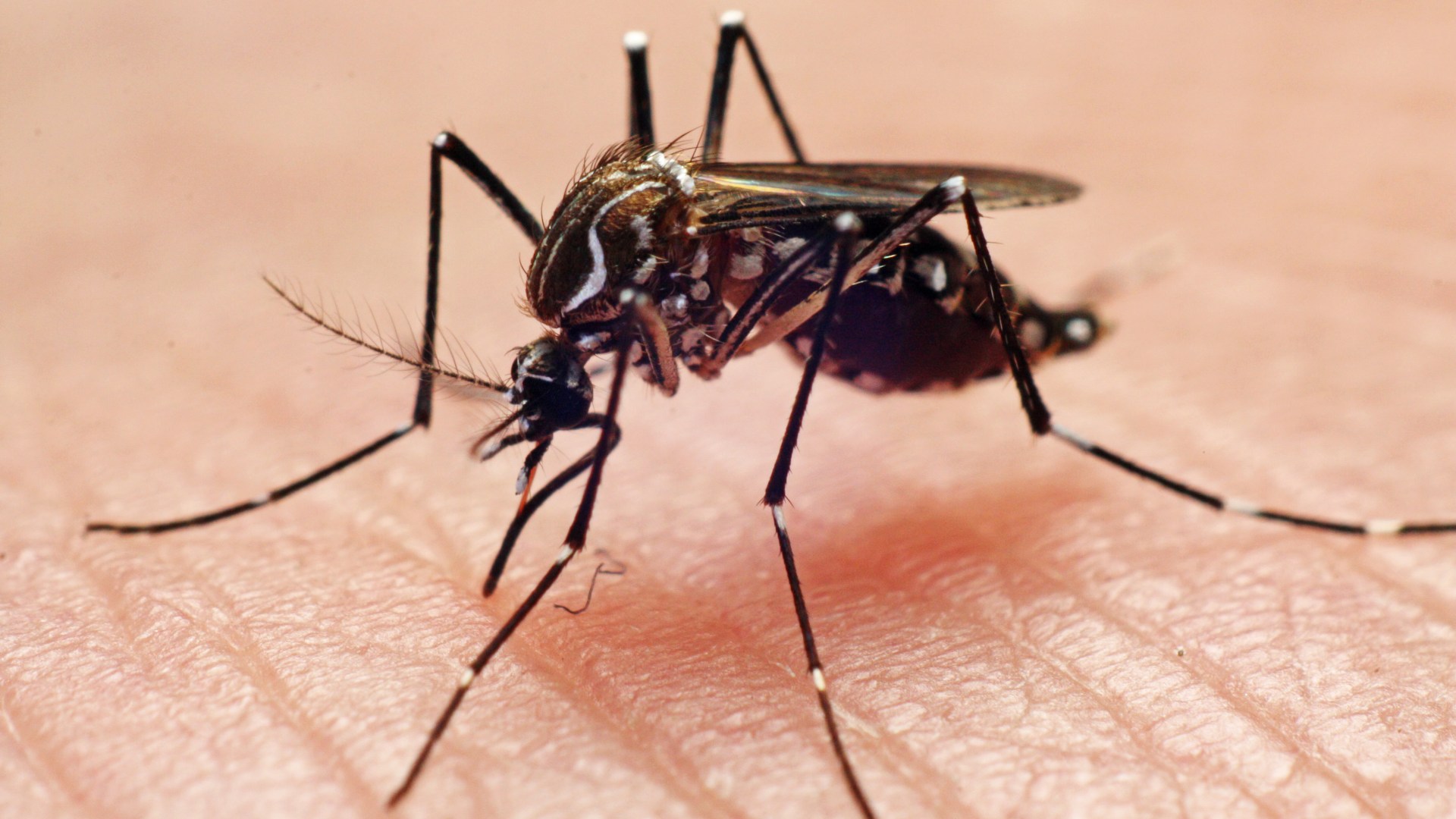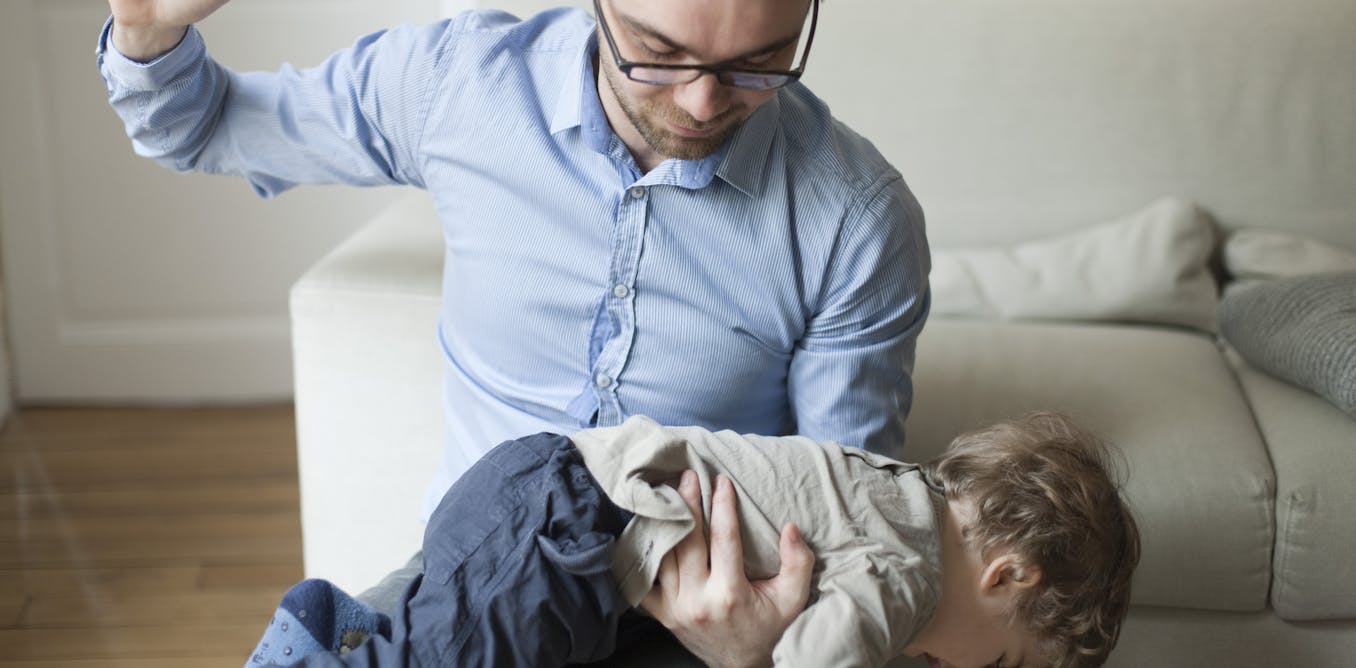ONE person has been diagnosed with mosquito-borne chikungunya fever in Paris just days ahead of the Olympics, French health officials have reported.
The viral disease causes acute fever and joint pain, and there is no cure, but it is rarely fatal.

2

2
It is widespread in the tropics, but the person in Paris is believed to have caught it locally on July 18 – just one week before the Olympics started.
In June, France enlisted ‘tiger mosquito detectives’ to prevent an outbreak at the Paris Olympics.
Last summer, Paris was fumigated for the first time to stop disease-ridden tiger bugs from rapidly spreading north to infect people in the French capital.
The name of the disease means “to become contorted” in the African Kimakonde language, as it causes severe muscle and joint pain.
Symptoms also include the sudden onset of fever, headache and fatigue.
Most patients recover after a few days but in some cases, the joint pain may persist for weeks, months or even longer.
The tiger mosquito, also known as Aedes albopictus, arrived in southern Europe in the first decade of this century.
Since then, it has become “established” in Austria, Bulgaria, Croatia, France, Germany, Greece, Hungary, Italy, Malta, Portugal, Romania, Slovenia and Spain.
Known for the black and white stripes along its body and legs, it can transmit several tropical diseases, including Chikungunya, dengue and zika.
Europe saw its first outbreak of Chikungunya in Italy in 2007.
Since then, France and Spain have seen cases too.
WHY ARE THE BUGS COMING TO EUROPE?
Health experts say the bug has thrived on the continent in part because of climate change,
Warmer weather shortens the time taken for the eggs to develop while winters are no longer cold enough to kill off the pests.
London could become the next hotspot for the irrepressible critter within the next decade, experts have previously warned.
Last year, the UK government installed additional mosquito traps at ports, service stations, and truck stops throughout south England to counter the growing spread of dengue fever.
The bugs have already been spotted six times in southeast England since 2016.
Here are 3 ways to avoid ‘killer’ mosquito bites as new diseases reach Europe
SUMMER time equals mosquito time – especially if you’re travelling abroad.
But now a breed of mozzy responsible for spreading several tropical diseases has reached some European countries for the first time.
GP Dr Rachel Ward, has shared some of her top tips on how to avoid getting bitten this summer.
She said: “Though an insect bites in the UK is not dangerous, they can be unpleasant as our body reacts to the bite forming a red, itchy lump.
“In some counties, mosquitoes spread diseases so extensive planning before travel is essential.”
1. Cover up
Most bites occur at either dusk or dawn, when mosquitoes are active – so make sure you cover your skin during these times.
“Wear long sleeves, trousers, high collars and socks and remember [mosquitoes] they will find any uncovered skin. such as face, or feet, if wearing sandals,” she said.
2. Use insect repellent
Make sure you use insect repellent on all the parts of your body that aren’t covered by clothing, the doctor said.
And make sure you find a repellent that contains DEET – a chemical believe to block mosquitoes ability to suck blood.
She added: “DEET products are effective and can be used over the age of two months and in pregnant women, safely.
“Remember to reapply after swimming and after applying sun screen.”
3. Reduce the number of mosquitoes indoors
At home or abroad, it’s important to try and reduce the number of mozzies inside wherever you are staying.
You can do this by using an insecticide plug and keeping windows and doors closed in the evening.
The expert added: “If abroad, you may be recommended to sleep under a mosquito net to reduce exposure at night.
“Air conditioning deters insects entering a room if used consistently with doors and windows closed.”




